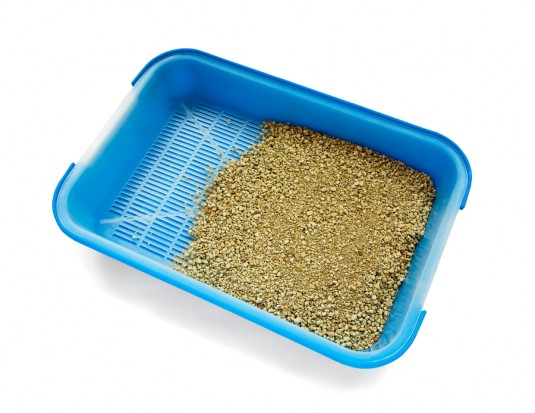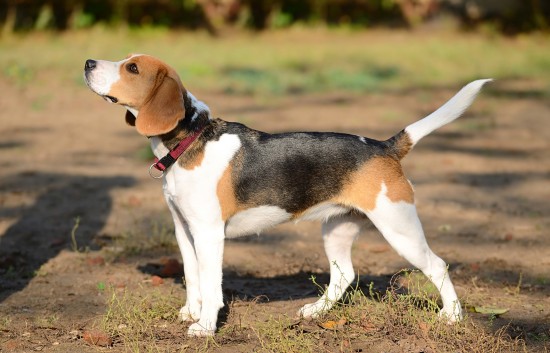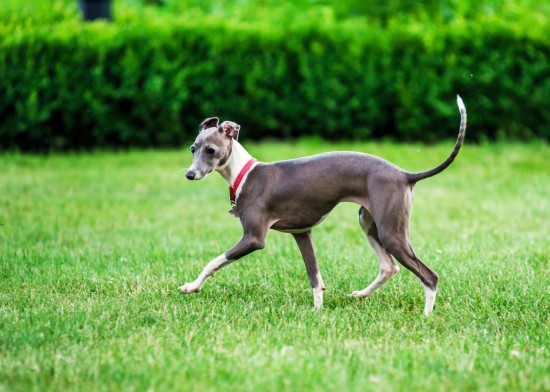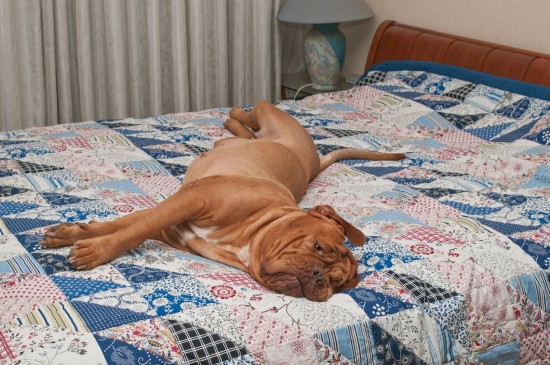
Dogs thrive on positive feedback. Rewarding dogs for doing the right thing works better than correcting them for causing trouble. Dogs are happiest and most confident when they get lots of praise (and of course treats), and know that they’ve earned it.
We all expect our dogs to naturally gravitate towards virtuous behavior, but we are all in for some disappointment. It’s not that dogs are bad or misbehaving, but they perceive things differently than we do. Dogs essentially see the world in one of three ways. Everything is either good, bad, or indifferent, and these perceptions govern everything that they do.
Things that are good are those that bear rewards, such as food, affection, treats, and fun. Dogs will naturally gravitate to these things.
Bad things are those that have unpleasant consequences, like a bitter taste or a porcupine quill in the nose. Dogs always learn to avoid those things.
Things that dogs are indifferent to just don’t register in their brains, and they don’t waste any brain space thinking about them.
For a long time, trainers and behaviorists believed that the best way to teach dogs good manners was to manipulate their instinct to avoid the bad. Dogs who ignored commands, rooted through the trash can, or otherwise got out of line were scolded or given a quick swat. The idea was that they’d associate the bad experience with the bad behavior, and this would put them on the path to righteousness.
Although there is some truth to this, imagine that you’re a dog and you’ve just come across a skunk. Bam, you get a shot of staggering stink right up your nose. The next time you see a skunk, you’ll be afraid that it will happen again, and you’ll wisely take a detour because you now associate skunks with pain and misery. But suppose you’re lying quietly at home, happily munching on a great tasting leather thing. You don’t know that it cost $300 and came from Italy! All you know is that all of a sudden you get a tremendous wallop from your human. Sure, you now associate leather shoes with pain, but you also see your owner in a new, and not so pleasant light.
Most trainers believe that it is inappropriate to train an unwanted behavior out of a dog with punishment. Dogs who are often punished may become anxious and fearful, and this causes them to act in anxious and fearful ways – which will end up generating even more discipline.
Behaviorists have discovered that dogs learn better and faster when they’re rewarded for good behavior rather than punished for bad. The good feelings that come from rewards last a long time, and the desire to repeat those feelings encourage dogs to keep doing well. At the same time, dogs who are rewarded for doing good things feel closer to their owners and are less afraid than those who are always getting punished.
Rewarding good behavior means giving them positive feedback and perhaps a few yummy dog treats or biscuits, when they do something that you want them to do. Suppose your dog is barking and you tell him to stop. He stops, and you give him a reward. It won’t take him long to figure out that being quiet and listening to commands gets him a delicious crunchy treat, while barking doesn’t get him much of anything at all.
Don’t expect a lot of success at first. You’ll probably need to follow your pooch around for awhile just to catch them doing something right. For dog gift baskets, more training tips, yummy treats and recipes visit http://www.doglovergiftbaskets.com. Just remember that praise, rewards, and scrumptious treats will train your best friend better and faster than punishment and swats.
 Which Cat Litter?
Which Cat Litter?
Which Cat Litter?
Which Cat Litter?
 What To Expect From The Beagle’s Behaviour And Temperament
What To Expect Fr
What To Expect From The Beagle’s Behaviour And Temperament
What To Expect Fr
 Italian Greyhound Longevity And Hereditary Health
Italian Greyhound
Italian Greyhound Longevity And Hereditary Health
Italian Greyhound
 Common Cat Coat Patterns Explained
Common Cat Coat P
Common Cat Coat Patterns Explained
Common Cat Coat P
 Dealing With A Dog That Goes To The Toilet In The Bed
Dealing With A Do
Dealing With A Dog That Goes To The Toilet In The Bed
Dealing With A Do
Copyright © 2005-2016 Pet Information All Rights Reserved
Contact us: www162date@outlook.com